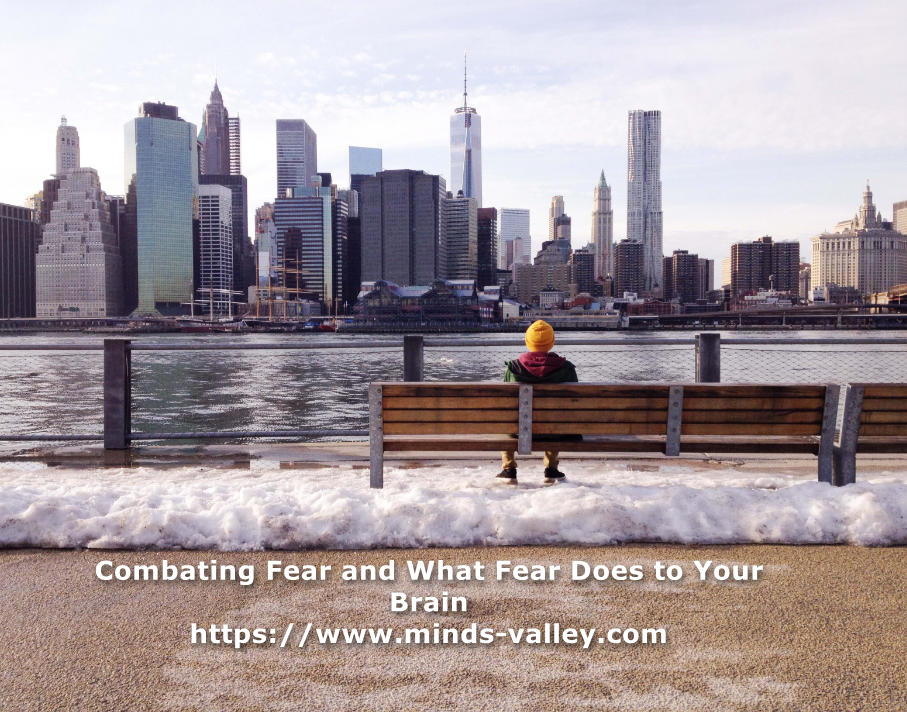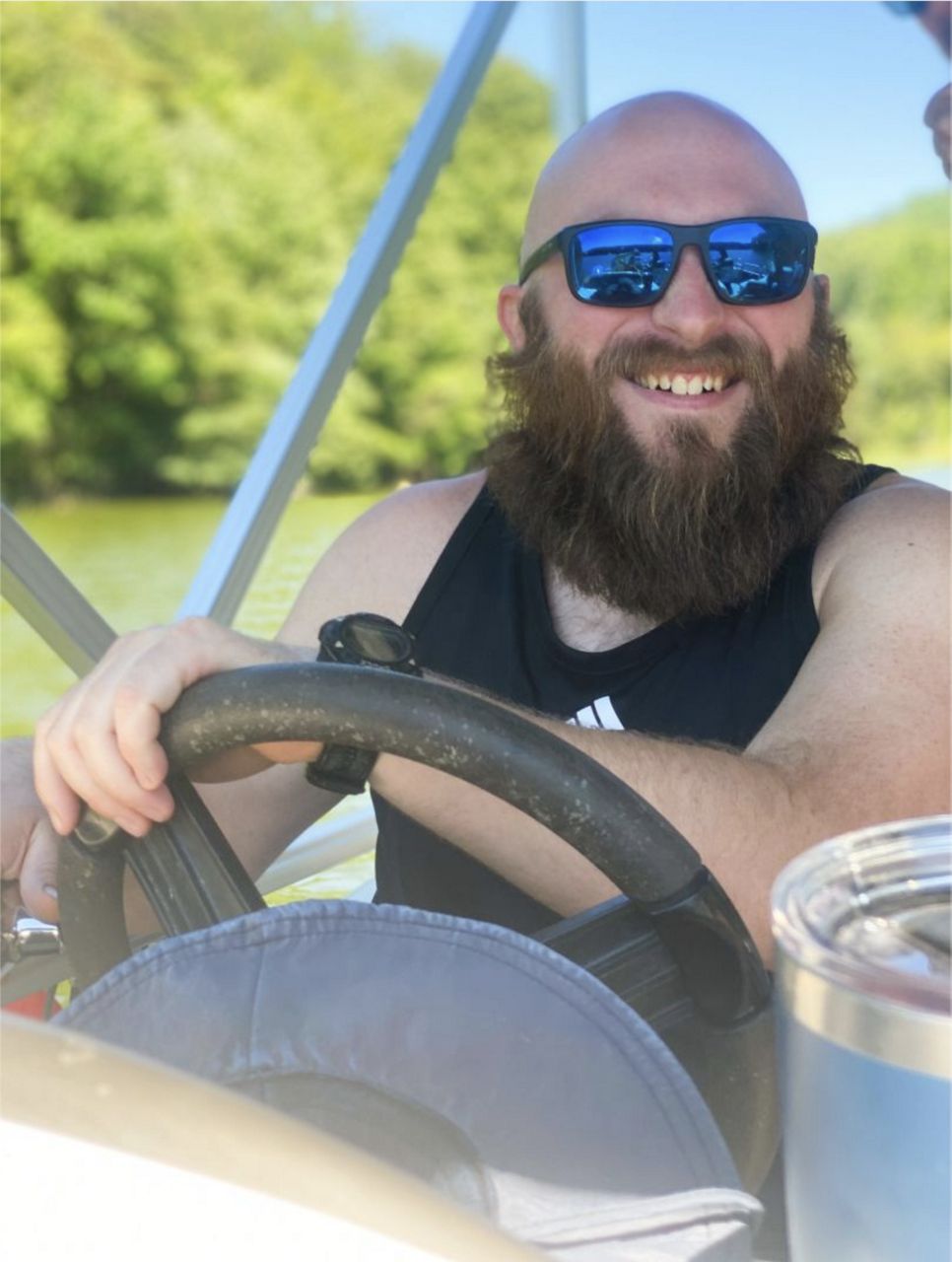
New jail doesn’t address Louisville’s addiction, mental health crisis
The year was 1972. Denny Crum scouted the best talent for what would become a nationally honored men’s basketball program for the University of Louisville. Sitting with the Southern Indiana high school senior and his working class parents at their dining table, Coach Crum made the offer: full tuition, books, room and board if the good looking, popular, intelligent, gifted basketball handler would commit to play for the Cardinals. The deal was signed on the spot.
Flash forward 30 years. That same hoops star sits in a jail weaving little cotton crosses from strands of yarn pulled from socks he might have worn on the court in Freedom Hall. He is addicted to alcohol and whatever else he can get to make sense of and calm his disconnected feelings and thoughts. Driving into the oncoming traffic months before was but one of many high risk, near fatal actions that landed him in the sterile, cold cell he now calls home.
Who does a new jail serve?
Louisville is faced with a $400 million question: build a spanking new jail or not. Before rushing to erect new cages for our fellow Louisvillians accused of lawbreaking, we would be wise to pause and ask serious questions about who we serve and who is harmed by erecting a fortress to protect us from the broken souls we fear. Are our mentally ill and addicted brothers and sisters best served by living in jail cells? Are we?
For years, beginning in the 1960’s, Kentucky was a national leader in community mental health. Across the commonwealth we had well-managed local professionals available for assessment, therapy and medication for the mentally ill and addicted.
As the decades rolled on, policy makers took these locally managed centers for granted and slowly flattened funding with devastating results. At the same time state mental hospitals placed patients back into the community with limited, if any, wrap around support to help navigate their day-to-day living. These policies resulted in thousands of unhoused, broken human beings living fragile, dark lives on our streets, along our highways, in hidden coves and abandoned buildings. Their cardboard signs, dog-eared and rain-stained, beg us for help on street corner after street corner.
When some of these fragile souls are arrested they can get free housing. But not the housing they need. They end up in our city’s understaffed, poorly designed, overcrowded, life threatening jail.
Our winner-take-all dysfunctional capitalist culture, with limited resources devoted to mental health and addiction treatments, easily discards human beings wrestling with inner demons. We don’t want to look at them as their sorry eyes meet ours at the stoplight. We turn away from the soon-to-be bulldozed camps along sidewalks downtown, under the overpasses and in the ditches along the interstates.
Let’s get rid of this ugliness.
If they break the law lock them up out of sight. No matter the cost. We don’t want to deal with them. Anyone for another round of golf at the country club? How about that new menu at the top cuisine spot in the ‘burbs?
But before we turn to our self-comforting ways of dealing with life’s uncomfortable darknesses, we would do well to realize the number of our brothers and sisters living these desperate lives will grow and grow.
Unless we muster our best minds, the minds of those who are enlightened, compassionate and skilled at tackling our toughest civic problems, this crisis will worsen.
Spending $400 million to build a better cage doesn’t address these issues. It just temporarily hides the problem at great monetary and societal cost.
That star basketball player eventually got out of jail. I hold one of the little cotton crosses he made while there. He never got the right treatment he desperately needed for his mental illness and addictions.
He died alone in a rooming house far away, dozens of empty booze bottles under his bed, a syringe on the dresser. This after a life of mental agony, begging on the streets, a series of arrests, month after month in jail cells.
I mourn my brother Jeff every day.
Jim Wayne served 28 years in the Kentucky House of Representatives from Jefferson County. He is the founder of the Institute for Advanced Psychotherapy at Loyola University Chicago, a practicing clinical social worker in Louisville, and author of the award-winning novel, The Unfinished Man.






